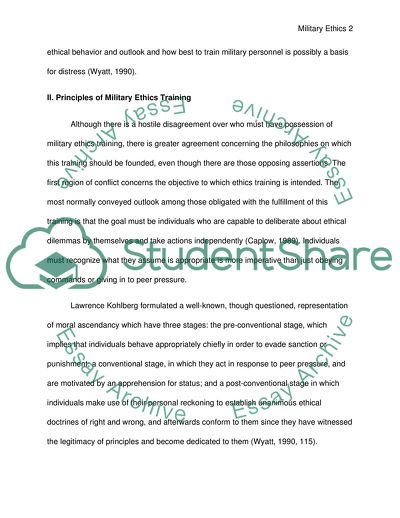Cite this document
(Ethics of war, Peace, and Terrorism Thesis Example | Topics and Well Written Essays - 1250 words, n.d.)
Ethics of war, Peace, and Terrorism Thesis Example | Topics and Well Written Essays - 1250 words. https://studentshare.org/military/1721847-ethics-of-war-peace-and-terrorism
Ethics of war, Peace, and Terrorism Thesis Example | Topics and Well Written Essays - 1250 words. https://studentshare.org/military/1721847-ethics-of-war-peace-and-terrorism
(Ethics of War, Peace, and Terrorism Thesis Example | Topics and Well Written Essays - 1250 Words)
Ethics of War, Peace, and Terrorism Thesis Example | Topics and Well Written Essays - 1250 Words. https://studentshare.org/military/1721847-ethics-of-war-peace-and-terrorism.
Ethics of War, Peace, and Terrorism Thesis Example | Topics and Well Written Essays - 1250 Words. https://studentshare.org/military/1721847-ethics-of-war-peace-and-terrorism.
“Ethics of War, Peace, and Terrorism Thesis Example | Topics and Well Written Essays - 1250 Words”. https://studentshare.org/military/1721847-ethics-of-war-peace-and-terrorism.


